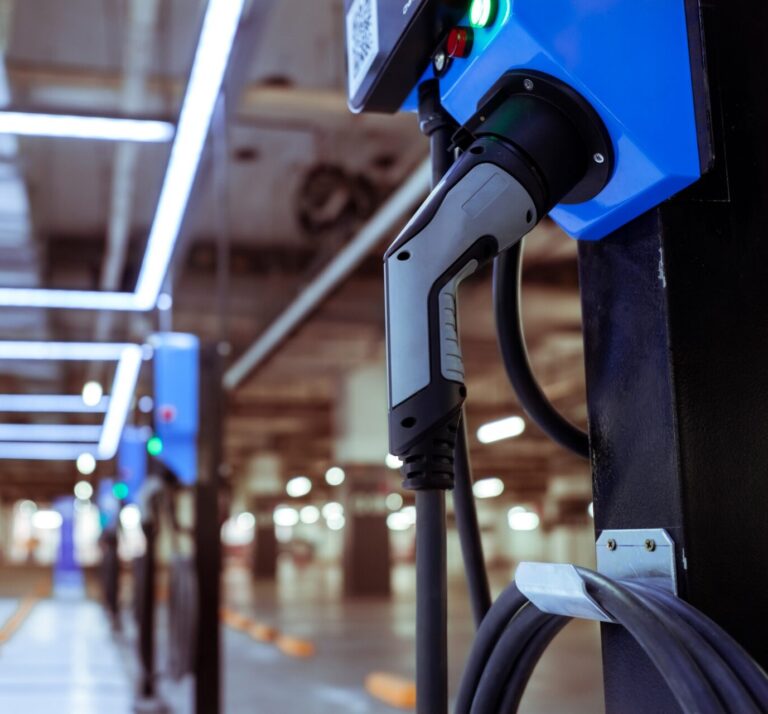EV charging / Grid congestion
Islands in many cases have an unreliable grid which forces businesses to rely on alternate forms of energy such as diesel generators for backup. This increases the high electricity cost even more since the cost of diesel is volatile and increasingly expensive. Diesel costs € 1.50 /liter today which produces up to 4kWh of electricity which results in a price of € 0.375/kWh.
In such an expensive scenario, a battery energy storage system combined with solar can immediately help decrease the cost of electricity and provide backup during grid blackouts. One such example is explained below for a Volstora customer on the island of Aruba.
Hybrid with grid, generator, solar, and batteries
A combination of restaurants, a warehouse, and a tennis court has a yearly consumption of 141 MWh which relies mainly on the grid. The increasing cost of electricity and frequent blackouts forced the customer to a hybrid solution.
After investigating the location, area availability, load profile, and the local government policies, a 100 kWp solar installation is recommended. The load and solar peak can be seen in the picture below for different seasons throughout the year.
Hourly PV Production vs User Consumption
Data types
- PV output (kWp)
- User load (kW)
- Storage
As can be seen above, the PV output is quite limited to a small window during the day whereas the user has peak energy demand at 4pm.
Using the industry-standard PVsyst software with iterative simulations, Zenon identified a 250kWh energy storage system as effective for the customer and reduces the cost of electricity to €0.06 /kWh.
The customer would produce up to 132.1 MWh using the hybrid solar and storage system and would only require a backup system for the remaining 8.9 MWh with maximum power requirement from the grid during October, November, and December in between 16:00 – 18:00.
Under these conditions of peak and non-peak hour tariff for grid consumption, the Zenon battery is programmed to provide energy during the peak hours thus improving the case study.
User consumption base case - 0%
Previously the grid provided the majority of power with a generator as backup for an overall cost of €0.257/kWh.
User consumption with solar only - 37%
The solar helps replace approximately 40% of the energy requirement but the generator and grid use is still significant for an overall power cost of €0.18/kWh.
User consumption with hybrid - 94%
The hybrid system reduces 94% of grid and generator use for an overall electricity cost of €0.07/kWh.

Typical commercial batteries have a payback of 5-7 years which makes the system unfeasible. However, the Zenon system provides an attractive ROI due to the extremely low degradation and lifetime that matches the solar investment.
Additionally – Zenon Energy has stable titanium chemistry that is inert. Safety is best demonstrated in the video available here.
- Zenon Energy builds remote island hybrid systems
- Solar is not enough for effective electricity savings
- 420% ROI / 5.4 year payback using Zenon storage
Problem – remote power is expensive and unreliable, and typical battery systems have unattractive lifetimes for the customer.
Process – Zenon used situation-specific analysis to determine the most attractive system sizing
Results – The energy price was reduced from €0.26/kWh to €0.07/kWh with a project ROI of 420%
